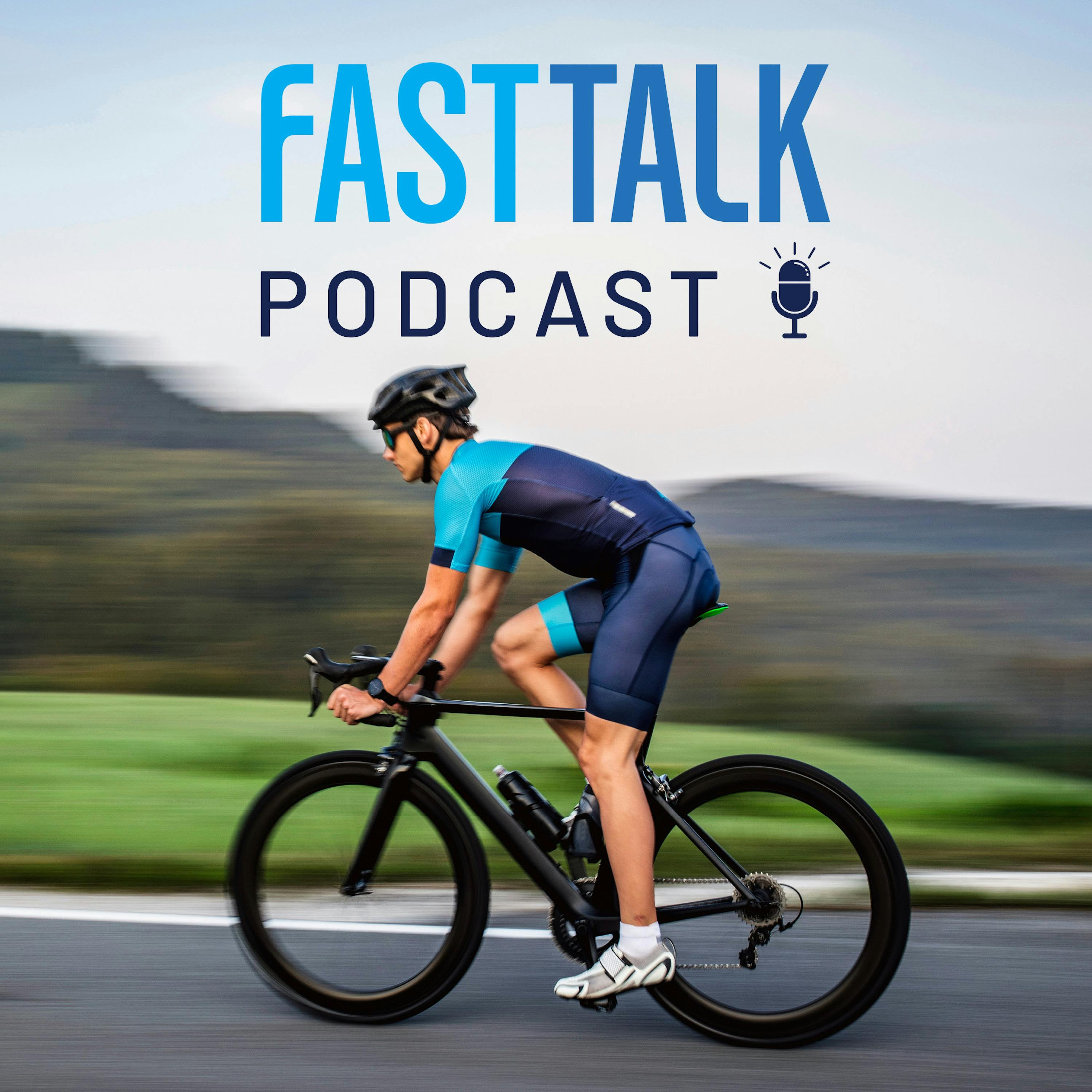166: Effective Two-A-Day Workout Strategies, with Neal Henderson

If you\u2019ve ever been a runner, swimmer, or rower, you\xa0might be\xa0familiar with the concept of\xa0two-a-days\u2014individual\xa0workouts\xa0separated by hours\xa0within a single day, most typically one in the morning and another in the afternoon.\xa0\n\xa0\nIn cycling, two-a-days have not had\xa0as much\xa0traction. However, that\u2019s starting to change.\xa0The science\xa0is new, but many coaches, including our guest Neal Henderson, director of sport science at Wahoo Fitness,\xa0have been putting two-a-days into practice for years, with a lot of success.\xa0\n\xa0\nIt brings up two big\xa0questions:\xa0Are two-a-days as\xa0effective as one\xa0single\xa0long ride\xa0at generating adaptations? That is,\xa0can they serve as\xa0a\xa0substitute?\xa0The other, in some ways more interesting question,\xa0is whether\xa0two-a-days\xa0have\xa0benefits\xa0that you can\u2019t get any other way\u2014for example, through glycogen depletion.\xa0\n\xa0\nAgain,\xa0the science\xa0is rapidly evolving,\xa0and today\xa0we\u2019ll\xa0refer to\xa0new research that opens the door to a new line of thinking.\xa0And we\u2019ll also talk extensively with Henderson and a host of others about the practical ramifications\xa0of two-a-days.\xa0\n\xa0\nOur other guests include\xa0WorldTour\xa0rider Petr Vakoc, racer and coach Jen Sharp, gravel racer Ted King, physiologist Jared Berg, and pro mountain biker Payson McElveen.\xa0\nLearn more about your ad choices. Visit megaphone.fm/adchoices